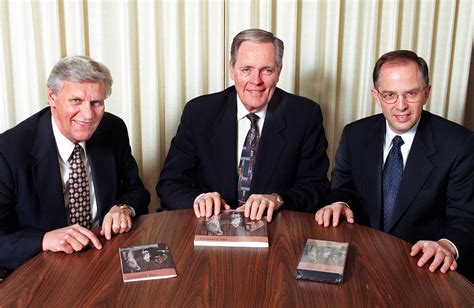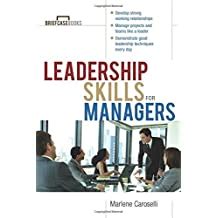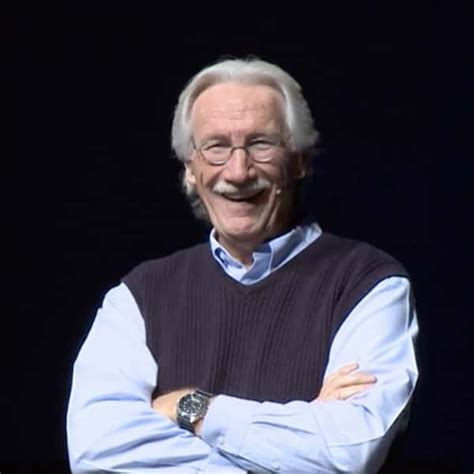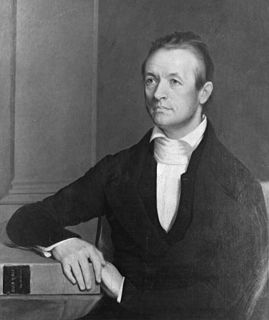A Quote by David A. Bednar
The Savior has suffered not just for our iniquities but also for the inequality, the unfairness, the pain, the anguish, and the emotional distresses that so frequently beset us.
Quote Topics
Related Quotes
Part of the reason the Savior suffered in Gethsemane was so that he would have an infinite compassion for us as we experience our trials and tribulations. Through his suffering in Gethsemane, the Savior became qualified to be the perfect judge. Not one of us will be able to approach him on the Judgment Day and say, ‘You don’t know what it was like.’ He knows the nature of our trials better than we do, for he ‘descended below them all.
Our Heavenly Father knows us and our circumstances and even what faces us in the future. His Beloved Son, Jesus Christ, our Savior, has suffered and paid for our sins and those of all the people we will ever meet. He has perfect understanding of the feelings, the suffering, the trials, and the needs of every individual.
Pain - physical, emotional and spiritual pain - is more than just a condition that needs to be silenced, numbed or "fixed." Pain in all its forms is also a message, a kind of distress signal to our hearts and minds. There are times when it's really important to tune into that message and just listen to it. When we don't listen, our understanding of the world gets more and more distorted, and we become capable of doing things we very often regret.
Can we hush the fears that so easily and frequently beset us in our contemporary world? The answer to this question is an unequivocal yes. Three basic principles are central to receiving this blessing in our lives: (1) look to Christ, (2) build upon the foundation of Christ, and (3) press forward with faith in Christ.
From our sorrow we might seek out the sweetness and the good that is often associated with and peculiar to our challenge. We can seek out those memorable moments that are frequently hidden by the pain and agony. We can find peace in extending ourselves to others, using our own experiences to provide hope and comfort. And we can always remember with great solemnity and gratitude Him who suffered most to make it all right for us. And by so doing we can be strengthened to bear our burdens in peace. And then, the 'works of God' might be manifest.
Emotional healing is almost always a process. It takes time. There is a very important reason for this. Our heavenly Father is not only wanting to free us from the pain of past wounds, he is also desirous of bringing us into maturity, both spiritually and emotionally. That takes time, because we need time to learn to make the right choices. He loves us enough to take the months and years necessary to not only heal our wounds, but also build our character. Without growth of character we will get wounded again.
Into each of our lives come golden moments of adversity. This painful friend breaks our hearts, drops us to our knees, and makes us realize we are nothing without our Lord and Savior. This friend makes us plead all the night long for reassurance and into the next day and sometimes for weeks and months. But, ultimately, just as surely as the day follows the night, as we remain true and faithful, this strange friend, adversity, leads us straight into the outstretched arms of the Savior.
The very same brain centers that interpret and feel physical pain also become activated during experiences of emotional rejection. In brain scans, they light up in response to social ostracism, just as they would when triggered by physically harmful stimuli. When people speak of feeling hurt or of having emotional pain, they are not being abstract or poetic, but scientifically quite precise.




































